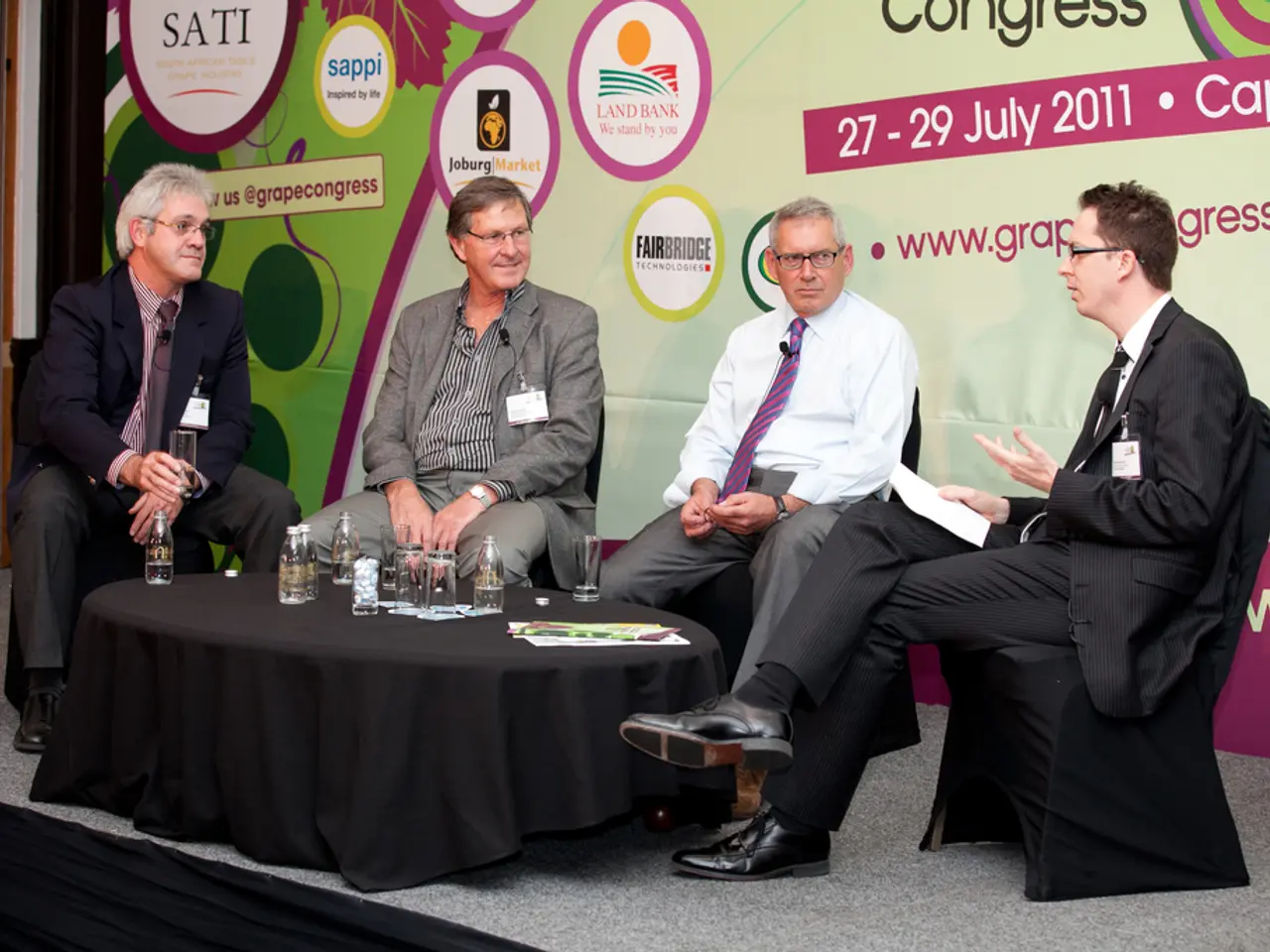Federal government promotes remote work for religious reasons, in accordance with Supreme Court decision
In a significant shift for religious accommodations in the workplace, the Supreme Court's June 2023 ruling in Groff v. DeJoy has raised the bar for employers, including the federal government, to justify denying such accommodations. The ruling clarified that employers must demonstrate a substantial burden, not just a minimal cost, to prove an "undue hardship" when denying a religious accommodation under Title VII of the Civil Rights Act of 1964.
This heightened standard has led to a more generous approach to religious accommodations in the federal sector, with the Office of Personnel Management (OPM) encouraging agencies to consider telework as a reasonable accommodation for religious practices. This change reflects a more accommodating policy towards religious observances, such as fasting and prayer.
The Orthodox Union, the nation's largest Orthodox Jewish organisation, has praised these efforts, indicating a broader support for more accommodating policies. OPM has stated that telework on a limited basis is often a low-cost solution for religious accommodations and typically does not impose substantial operational burdens.
Agencies across the federal government have been encouraged to allow employees to telework on sabbath days, days of religious significance, and days leading up to those occasions. This policy change enables employees to fulfil their religious duties without compromising agency missions.
However, some agencies have faced challenges in implementing these flexible work arrangements. Agencies have struggled to find enough desks and workspaces for employees who are now working in-person full time, and have dealt with issues such as lead contamination and Legionella bacteria in some buildings.
The Trump administration had previously urged federal employees to report instances of "anti-Christian discrimination." President Donald Trump issued a memo on his first day in office, calling on agencies to terminate remote-work agreements and bring federal employees back to the office.
Despite these challenges, the federal government continues to strive for a balance between operational efficiency and religious accommodations. The OPM's guidance includes accommodations for sabbath holiday observance, scheduled prayers, services, meditation, fasting, and other religious obligations.
In exceptional cases, OPM has approved situational telework, such as during a military parade in Washington, D.C. to commemorate the Army's 250th anniversary. The OPM encourages agencies to consider flexible work schedules and certain types of leave as part of religious accommodations for federal employees.
The Supreme Court's Groff v. DeJoy ruling has set a precedent for a more rigorous examination of employers' obligations to accommodate religious practices, potentially leading to more flexible telework policies that align with these obligations. The federal government continues to work towards providing religious accommodations for its employees, ensuring that they can balance their faith and their work commitments effectively.
- This more rigorous approach to religious accommodations in the federal sector, as highlighted by the Groff v. DeJoy ruling, falls under the broader category of policy-and-legislation.
- The ongoing efforts by the federal government to provide religious accommodations for its employees, such as allowing telework on days of religious significance, remains a significant topic in politics and general news.





